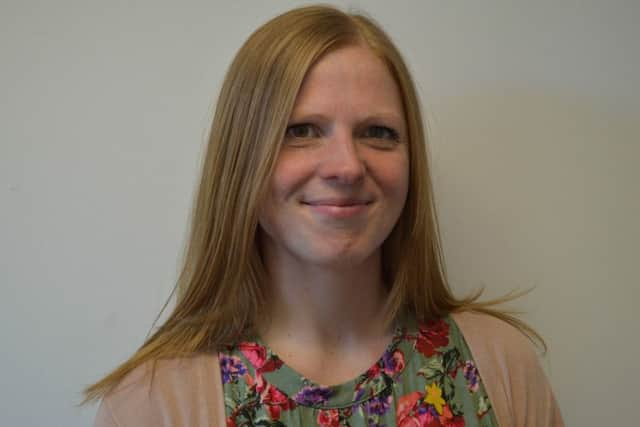Susan Brown: The ghost in the machine – what will happen to online you after death?


In an increasingly digital world, we’ve shared online mourning when a celebrity dies, we’ve grieved when people we met online have died, and we’ve also been touched by stories of people online that we didn’t know.
Most of us have digital assets and online accounts. We need to think about what will happen to them when we die and if we want to leave a digital legacy online.
Advertisement
Hide AdAdvertisement
Hide AdThe Law Society advises that people should leave instructions about what should happen to their social media and online accounts after their death. The Digital Legacy Association has materials on its website to help people consider and leave a digital will.


There’s been a recent trend of video blogging, where people tell their stories to be shared after their death. Facebook has a feature to allow accounts to be memorialised so you can set a legacy contact to manage your account. Other technologies, such as Afterbook, enable you to create a home for memories, stories and photos.
It’s important to think about what you want to leave behind, and how you want to be remembered online. It’s also important to consider who owns any data left behind, how accessible and enduring that data will be, and how it will be protected.
In my lifetime we’ve seen incredible advances in technology. We’ve moved from VHS to DVD to Blu-ray. We’ve gone from no mobile phones to basic Nokia 3210s to the iPhone. Likewise, the way we interact online has changed. The first social media site was launched in 1997. Two years later, the first blogging sites were established and in the early 2000s we saw sites such as Myspace and Bebo which have either been replaced or lost the popularity they once had.
Are we naïve to think that any of the current websites and software will still be available and as commonly used in the next 20, 50 or 100 years? It’s impossible to accurately predict what the world will look like then.
Unless data is transferred across platforms, carefully planned online legacies may not be accessible to others in the future.
Even if they are, memorialising a Facebook page doesn’t ensure that what we want to be left behind will be seen. There’s a whole wealth of data on my social media to sift through, data that it’s likely no one will want to access in the future.
In comparison though, my grandfather was a plane navigator in the Second World War. I know this because he’s told me his stories, I’ve seen the photographs and held his medals in my hand. Although he is still alive, his memory will live on and will be passed down generations.
Advertisement
Hide AdAdvertisement
Hide AdIt’s interesting that physical artefacts could stand the test of time more than digital artefacts. There’s a common perception that when something is online, it will last forever, but that might not be the case.
These are all concepts explored in prominent psychologist Elaine Kasket’s new book, All the Ghosts in the Machine. Elaine highlights that while privacy is a fundamental human right, it is not a right for the dead. There is no legislation that protects people’s privacy when they’re gone. A digital will can ensure that only certain people can access someone’s data, but that might have serious implications, especially if a loved one finds information in an online account that the person never intended to share and is no longer there to explain. That’s part of a digital legacy too, and can cause real pain to those left behind. What can that do to the grieving process of the bereaved?
It’s a vast topic and that’s why we’re having an event with our partners, Good Life, Good Death, Good Grief, to explore these ideas. Join us for Digital Life, Legacy and Afterlife on 19 June in Edinburgh or online using #DigitalLifeLegacy. For more information, see mariecurie.org.uk/policy/scotland-seminars
Susan Brown is policy and public affairs manager at Marie Curie.